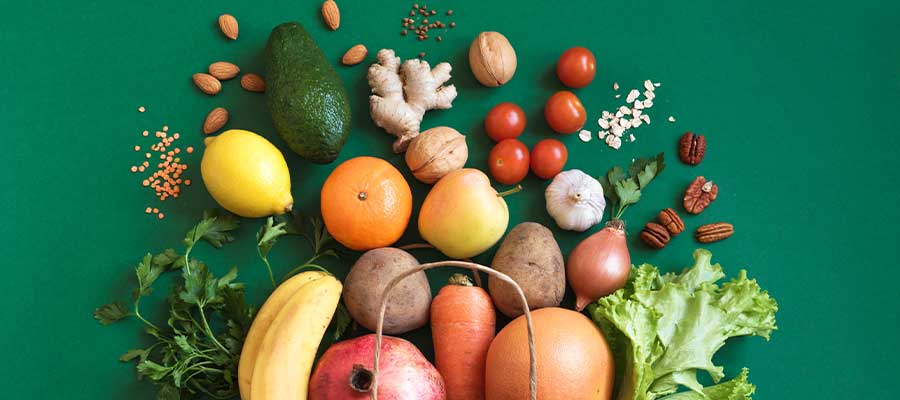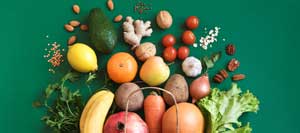Avoid These Foods if You Have Diverticulitis by Digestive Disease Care (DDC)
Get all the information you need by reading our blogs. Board-certified gastroenterologist at Digestive Disease Care (DDC) provides specialized and comprehensive care. Interested in our services? Contact us or request a consultation online. We have convenient locations to serve you in Babylon NY, East Setauket NY, Forest Hills NY, Jamaica NY, Jericho NY, Lake Success NY, Melville NY, Mineola NY, Massapequa NY and New Hyde Park NY.


Table of Contents:
Foods to avoid with diverticulitis
Foods to eat with diverticulitis
It’s possible to develop small, bulging pouches in the lining of your intestine, called diverticula. This condition, called diverticulosis, is especially common in older people since connective tissues tend to weaken with age.
When these pouches get infected or inflamed, you develop a condition called diverticulitis. Diverticulitis causes often-severe abdominal pain and can trigger other unpleasant symptoms, including:
• Nausea and vomiting
• Bloating
• Constipation
• Diarrhea
• Fever and chills
The board-certified gastroenterology providers at Digestive Disease Care specialize in diagnosing and treating diverticulitis with personalized care at our eight locations in New York. If you’re worried about diverticulitis, don’t wait to schedule an appointment with a provider since the condition can progress if not treated.
In the meantime, here’s a look at some of the foods to avoid—and some to eat—if you have diverticulitis.
Many years ago, doctors believed eating certain foods, like seeds, nuts, and corn, could trigger inflammation in the diverticula and trigger acute diverticulitis. Thankfully, recent research has shown this isn’t the case.
In fact, these foods are high in fiber and actually good at helping prevent diverticulitis. Instead, medical scientists believe that foods low in fiber — like meat and high-fat dairy — contribute to diverticulosis, along with other risk factors like being overweight or obese, being sedentary, smoking, certain medications, and genetics.
If you’re struggling with diverticulitis, here are some foods to avoid:
• Red meat
• High-fat foods
• Poultry
• Smooth peanut butter
• Eggs
• Fish and shellfish
In general, it’s best to avoid eating these low-fiber foods unless you eat them in small quantities and pair them with high-fiber foods, like salads or veggies.
Always follow the instructions of your provider. At Digestive Disease Care, our team members can make personalized dietary recommendations based on your unique situation. In the meantime, here’s a look at some general guidelines on what to eat with diverticulitis.
Medical researchers believe eating a low-fiber diet contributes to the development of the small, bulging pouches and diverticulitis. Research has shown that in regions where people eat a high-fiber diet, there’s a very low incidence of the condition.
If you have current and severe symptoms of diverticulitis, your Digestive Disease Care provider may recommend a liquid diet for several days. This allows your intestinal tract to rest and gives the inflammation time to resolve.
After you’ve recovered, it’s important to focus on eating foods high in fiber that help stools pass through your digestive tract more easily. This eliminates pressure on the colon and helps avoid particles getting trapped in the diverticula.
Here are some high-fiber foods to incorporate into your diet if you have a history of diverticulitis:
• Fresh fruits
• Fresh vegetables
• Cooked vegetables
• Beans and legumes (e.g., black beans; chickpeas)
• Whole-grain cereals, bread, and pasta (e.g., whole wheat products)
To learn more about diverticulitis or for personalized diverticulitis care, schedule an appointment online or over the phone at the Digestive Disease Care location in New York nearest you. We serve patients in Babylon NY, East Setauket NY, Forest Hills NY, Jamaica NY, Jericho NY, Lake Success NY, Melville NY, Mineola NY, New Hyde Park NY, Massapequa NY and BEYOND.






